This is what happens when poverty and disability collide
Did you know that one in five women worldwide are disabled?
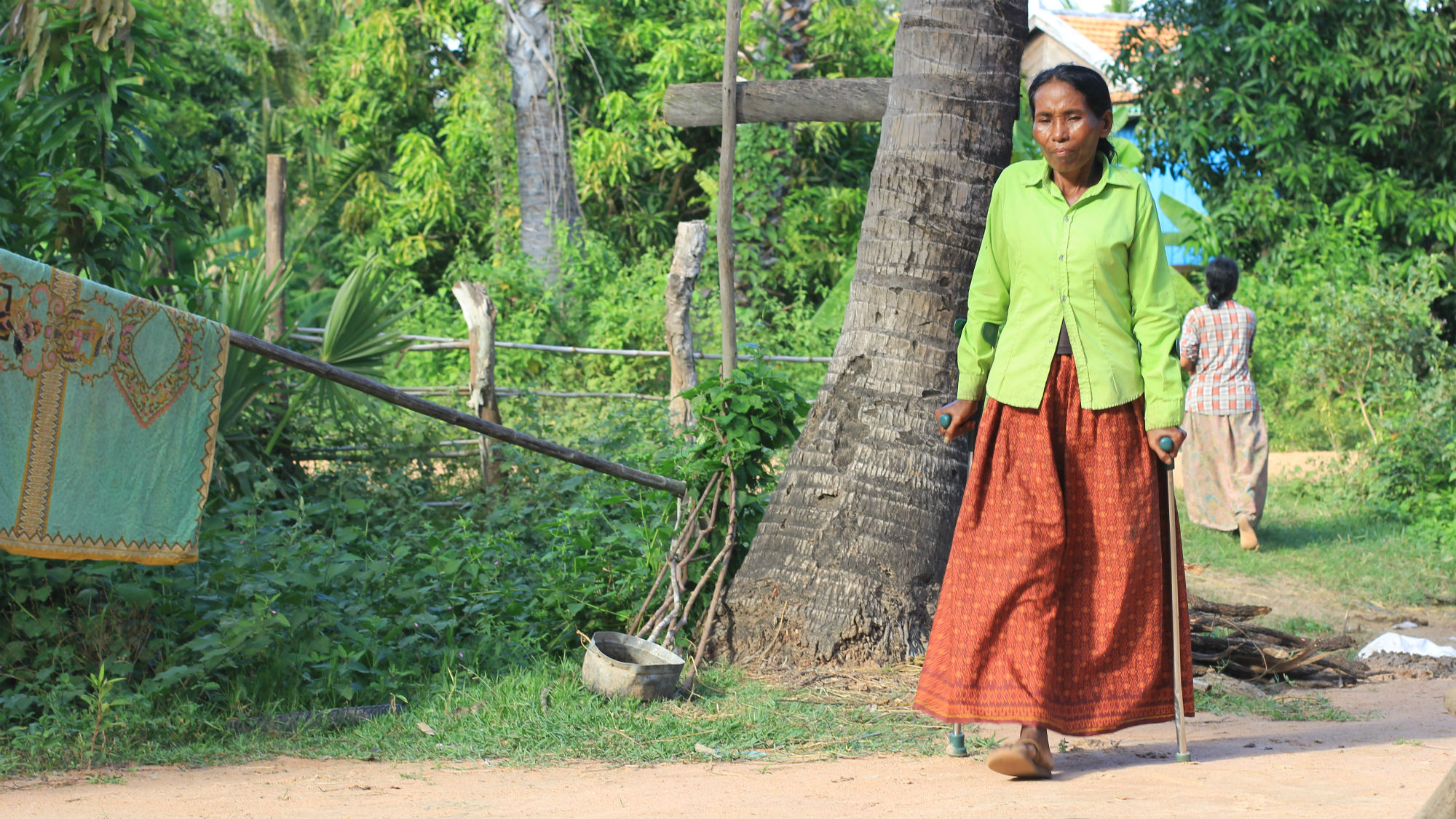
Did you know that one in five women worldwide are disabled?
Words by Hilal Seven
There are around one billion disabled people living in the developing world, where a dangerous stigma is attached to disability. In parts of Africa and Asia, there is still a widespread societal belief that disabled people have been cursed with a punishment from God and are unworthy of help.
The difficulties that come with having a disability are magnified when combined with poverty. Disabled women in particular are vulnerable to exploitation and attacks. Joseph Walugembe, Country Director of Action on Disability and Development (ADD) International, Uganda, an organisation which this month released a report on how best to tackle the 'invisible violence' against disabled women, told Marie Claire: 'Deaf women don’t hear approaching predators, and women with visual impairments don’t know where to run to for protection. I’ve heard stories of blind girls who ask for directions in the street and someone says, "I’ll guide you" and they are led into places where they are raped.’
Many women and girls are also at a higher risk of rape because of the myth that sex with a virgin will cure HIV. Sabina Yasmin, from Bangladesh, contracted polio aged six months, and since then needs crutches to walk. She explained why it's easy for disabled women to find themselves exploited: ‘Women are like the broom in the house, it’s the cheapest and lowest grade household appliance.'
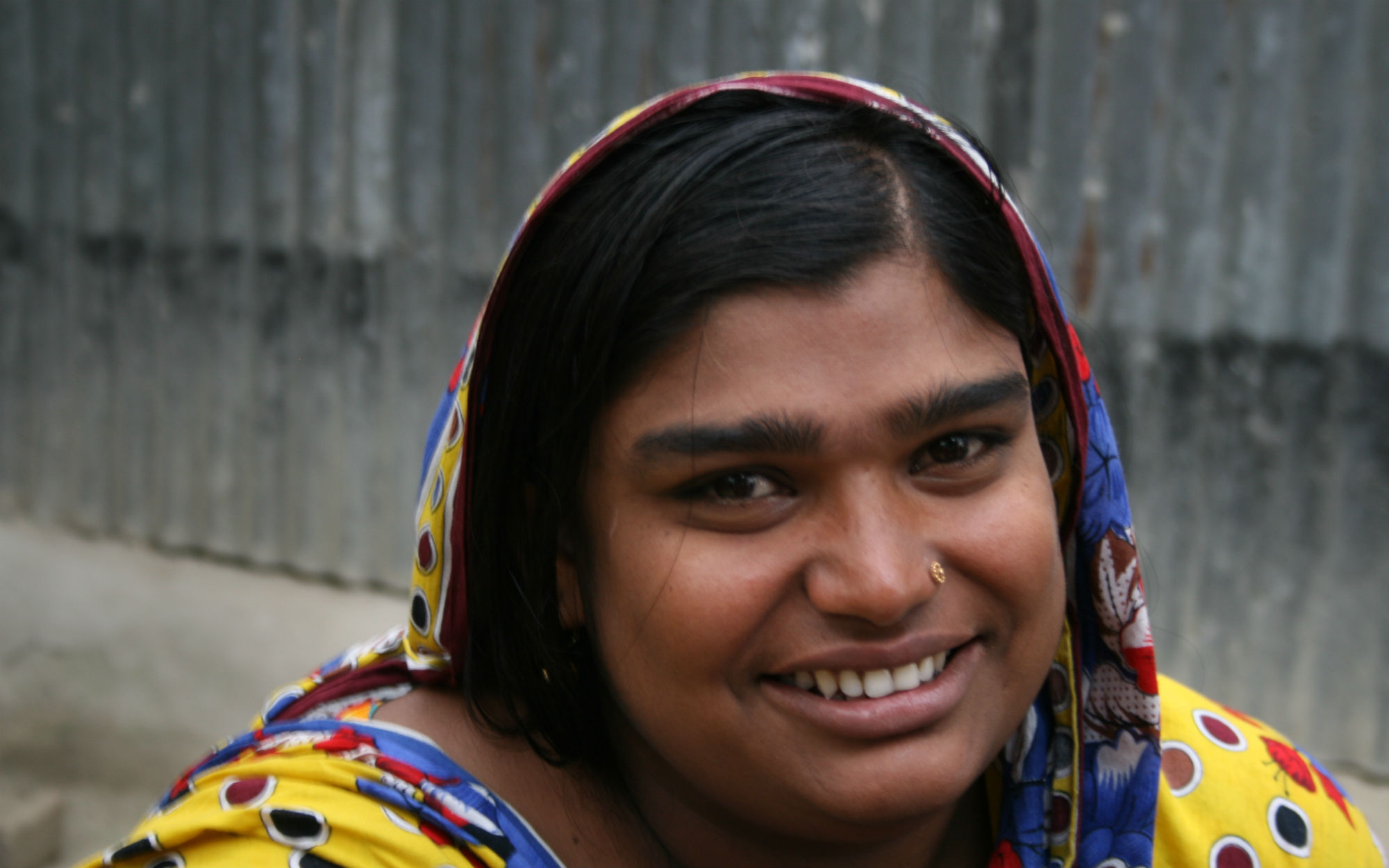
And it's not just women who are affected - discrimination also harms boys and men - particularly in armed conflict where there is evidence that they are often beaten, raped and killed, in an attempt to emasculate them and further weaken the community under attack. The masculinity of disabled men is often ridiculed, and their gender role as provider and protector of the family called into question.
Police forces are often just as prejudiced, and lack the knowledge or ability to combat crimes against the disabled. Ugandan police officer Richard Ojera stated: 'Ugandan society doesn't think disabled people can do anything positive for the nation so they are unfairly overlooked. They suffer from domestic violence, assault, property theft and sexual violence. Before ADD International's training we didn't know how to handle this - but now we understand that they need help and protection just like the rest of us.'
Marie Claire Newsletter
Celebrity news, beauty, fashion advice, and fascinating features, delivered straight to your inbox!
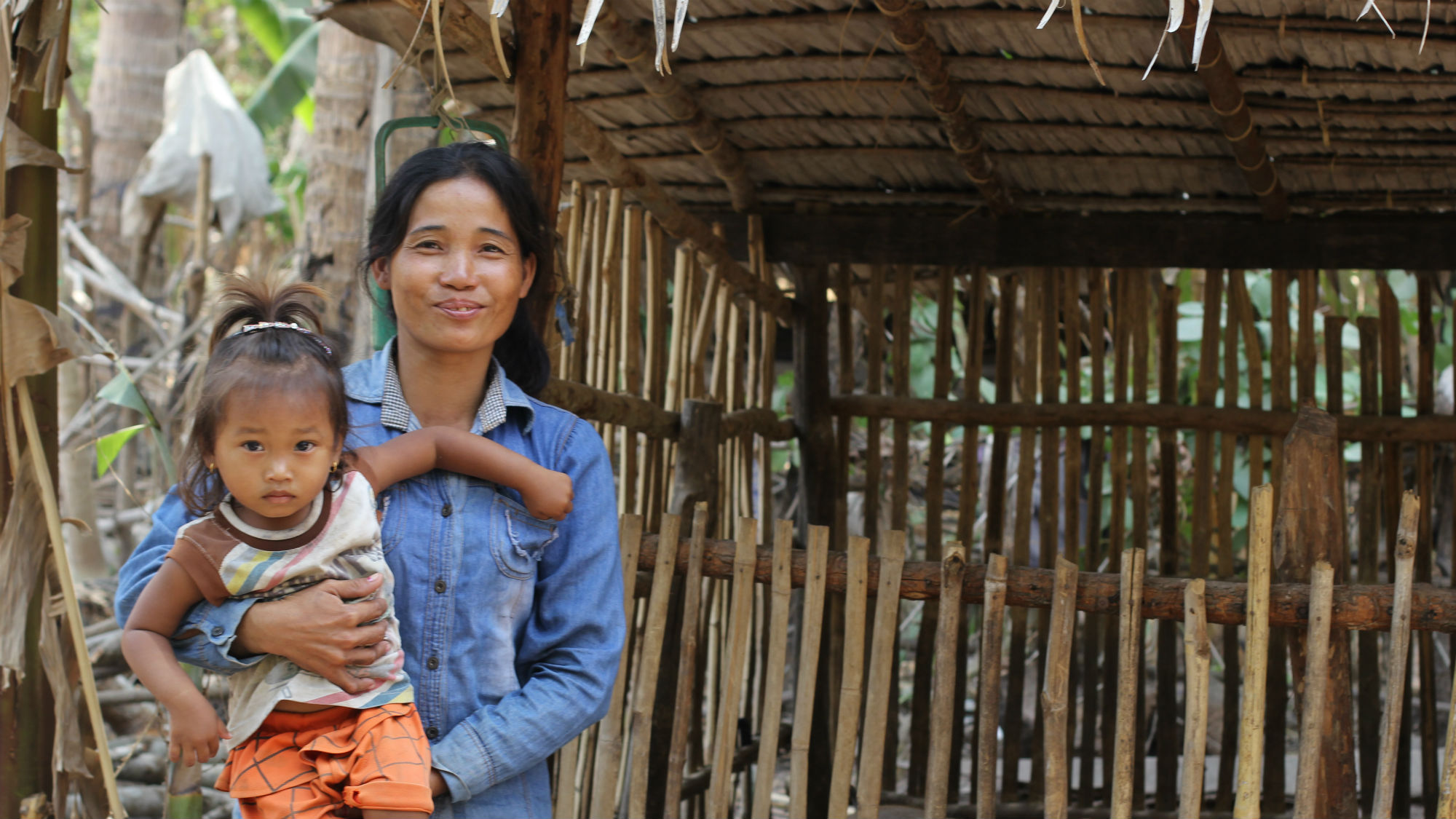
Women (and men) living with conditions like albinism are also affected by these outdated beliefs. Rebecca Manana from Uganda, who has albinism, told Marie Claire: ‘Many people believe that if you have unprotected sex with a person with albinism then you will be cured of HIV, and you'll get blessings or good fortune.’ While growing up, a woman in Rebecca's village gave birth to three children with albinism, but she lacked any knowledge about it and was fearful of the condition: 'The first child was an albino and the mother threw him in the toilet. She gave birth to another albino and she was also thrown in the toilet. Then her husband told her "this time if you throw my child in the toilet you will also die". She gave birth to the third one, it was an albino - he grew up, he was educated and he became an engineer.'
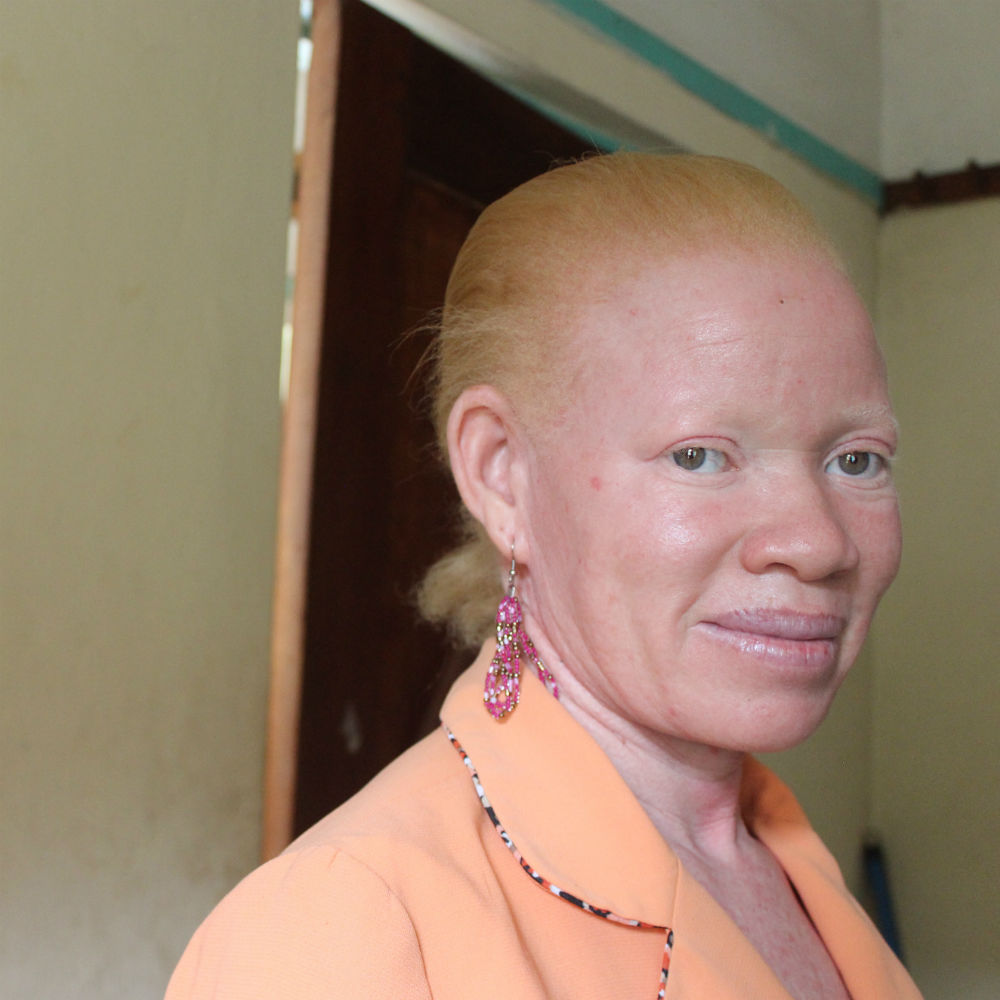
ADD International has launched a campaign to tackle the stigma and protect disabled women in developing countries. They want to ensure their inclusion, empowerment and participation within society, along with national and international policy frameworks to support them. Dorothy Abalu, an ADD project manager in Northern Uganda stated: 'People think raping a disabled woman is OK because otherwise they'd never know what it is to have sex. We teach women how to report abuse - practical things like getting medical examinations so there is evidence to take to court.'
Their work is guided by the UN and is already making a difference - Elizabeth Negesa, a disability activist from Uganda, felt unable to stand up for herself due to her albinism before her training with ADD. She stated ‘I was scared to talk in public - I thought people just wanted to abuse me and I couldn't open up easily. Now I am chair of our group for people with albinism. I’ve been on state TV spreading information about people with albinism and now people look at me as somebody in the community.'
ADD's work has also changed Sabrina's life: 'The day a disability activist visited my house, I realised for the first time that I wasn't alone. I am now an activist as well, and last year the 'Ministry of Women's Affairs' awarded me a prize for my work.'
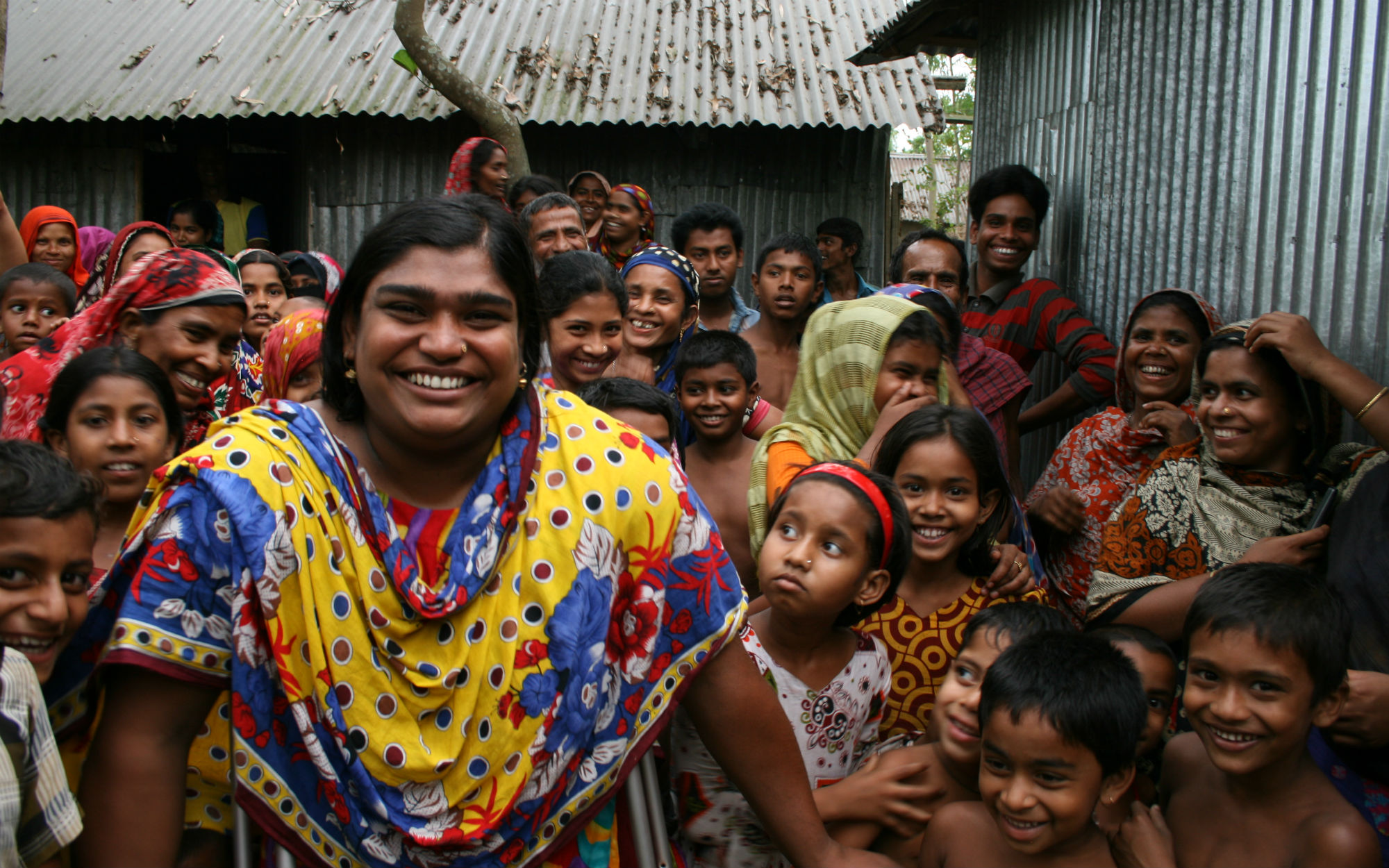
For more information on ADD International, visit their website here.
The leading destination for fashion, beauty, shopping and finger-on-the-pulse views on the latest issues. Marie Claire's travel content helps you delight in discovering new destinations around the globe, offering a unique – and sometimes unchartered – travel experience. From new hotel openings to the destinations tipped to take over our travel calendars, this iconic name has it covered.
-
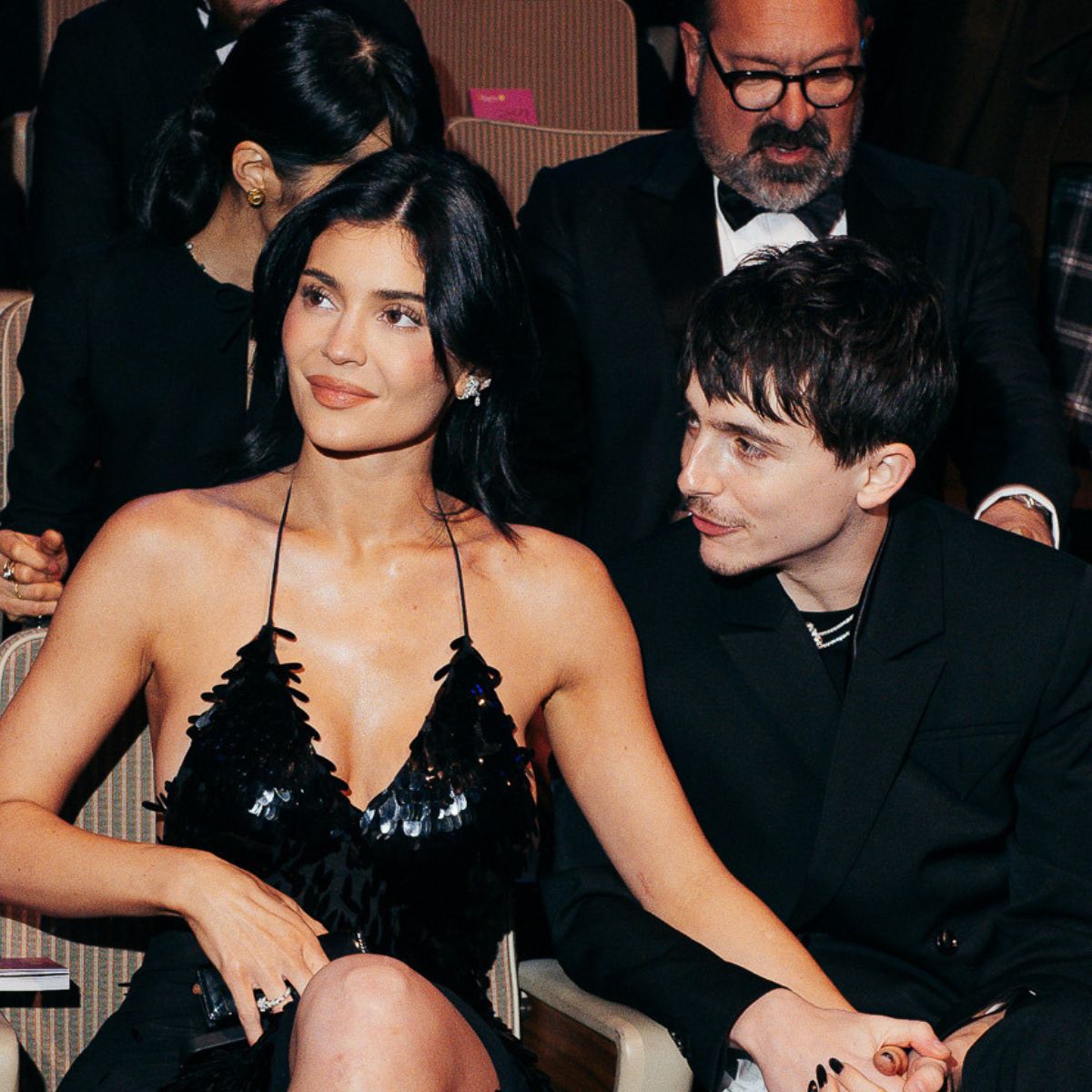 Timothée Chalamet’s mother has opened up about his relationship with Kylie Jenner
Timothée Chalamet’s mother has opened up about his relationship with Kylie JennerBy Jenny Proudfoot
-
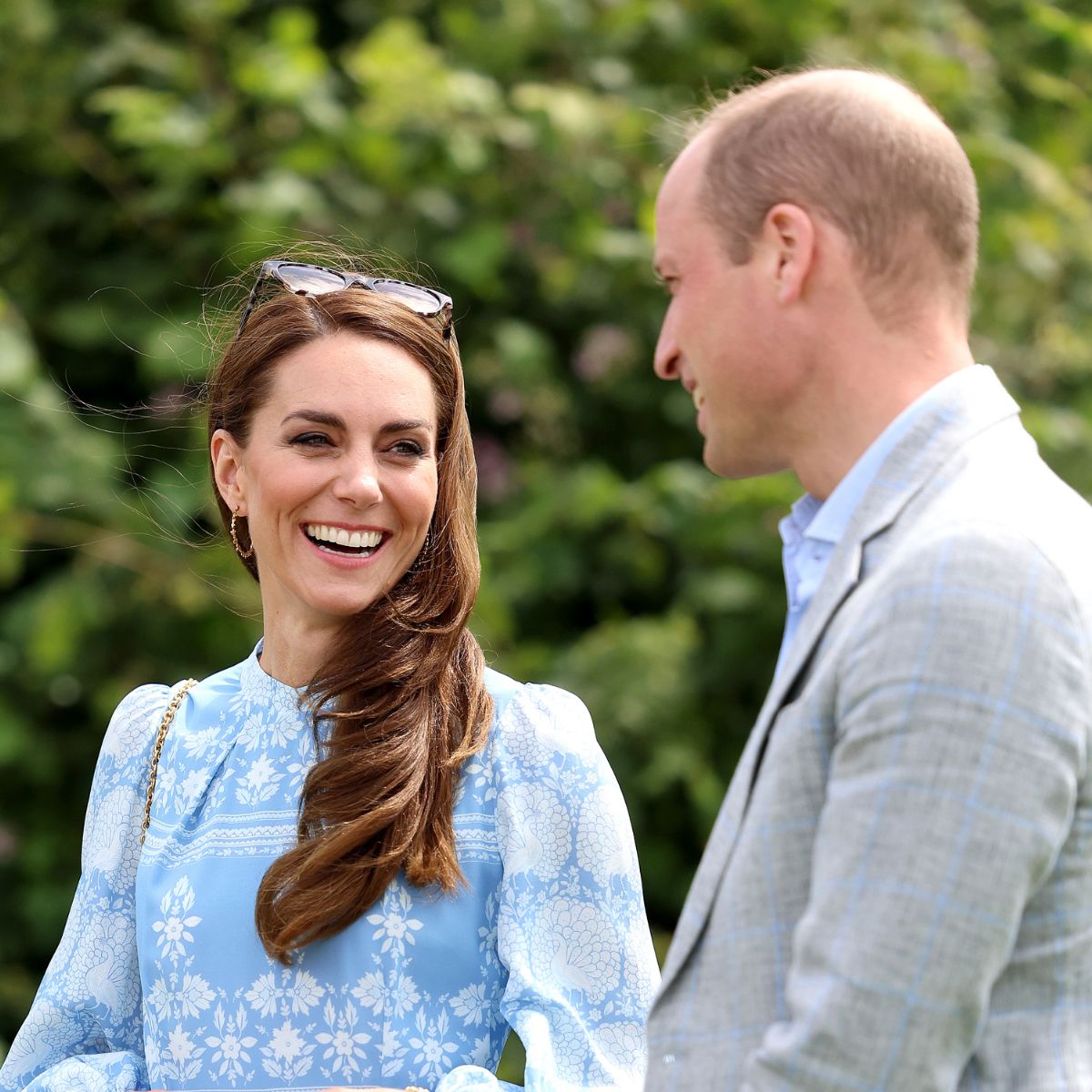 Princess Kate has started a new tradition with Prince Louis’ birthday portrait
Princess Kate has started a new tradition with Prince Louis’ birthday portraitBy Jenny Proudfoot
-
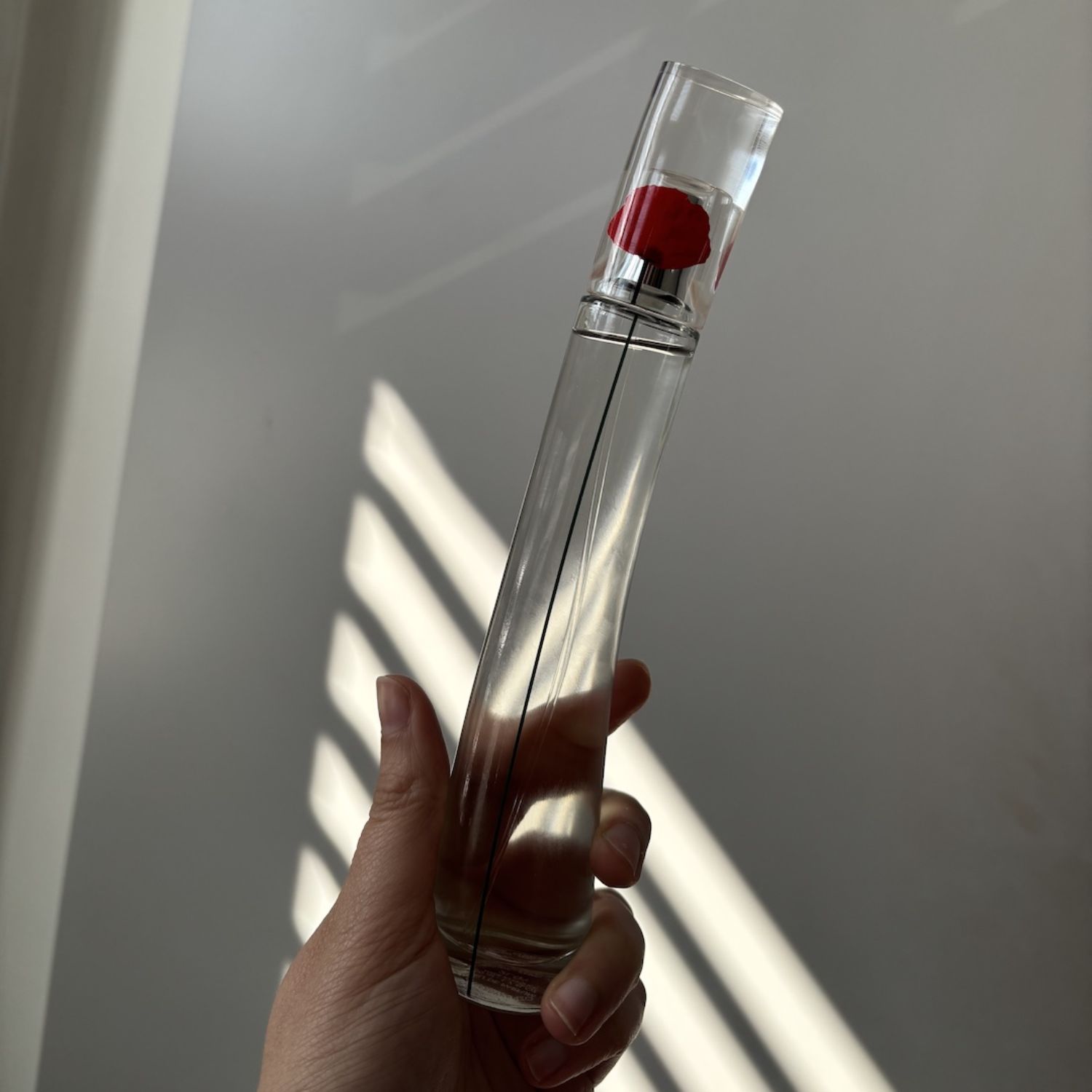 As a perfume-obsessed beauty editor, I can’t believe it’s taken me 25 years to try this classic Y2K scent
As a perfume-obsessed beauty editor, I can’t believe it’s taken me 25 years to try this classic Y2K scentIt was worth the wait
By Mica Ricketts